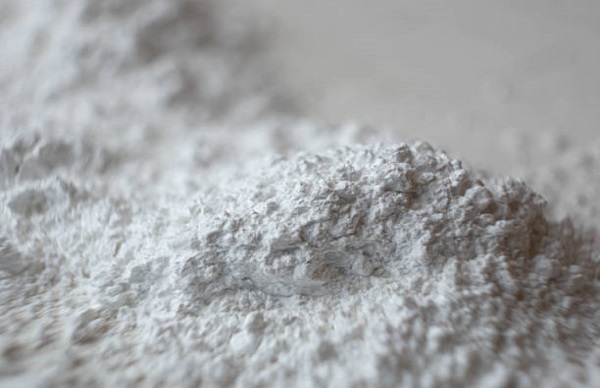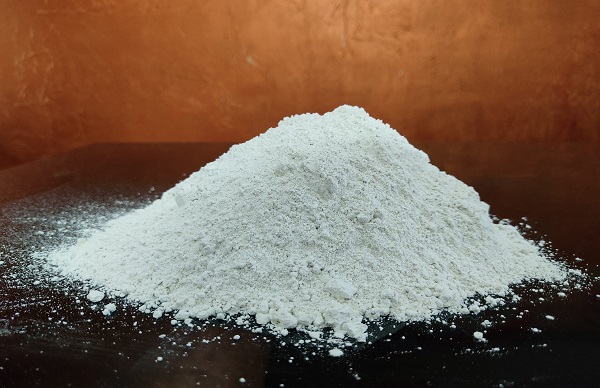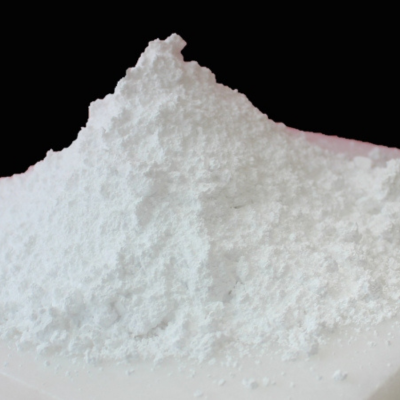
Where is calcium carbonate found
October 1, 2024
Your Comprehensive Guide to Calcium Carbonate Production
October 1, 2024Calcium carbonate is a chemical compound with the formula CaCO₃. It is commonly found in rocks, shells of marine organisms, and even in the human body, primarily in bones and teeth. As a substance, calcium carbonate has various applications, ranging from industrial uses to food additives. But one question often arises: Can calcium carbonate be consumed?
What is Calcium Carbonate?
Calcium carbonate occurs naturally in several forms, including chalk, limestone, and marble. It is a vital mineral in various biological processes and is widely used in industries such as construction, agriculture, and manufacturing. In the food industry, it is often used as a calcium supplement, food additive, and an antacid.
Consumption of Calcium Carbonate
Calcium carbonate can be consumed in specific forms, primarily as a dietary supplement or antacid. It is important to note that while it is safe in these forms, consuming large amounts or consuming forms not intended for human consumption can be harmful.
Dietary Supplements
Calcium carbonate is a popular dietary supplement to increase calcium intake, especially for individuals who may not get enough calcium through their diet. This mineral is essential for various bodily functions, including bone health, muscle function, and nerve transmission. Many people, especially older adults, pregnant women, and those who are lactose intolerant, may benefit from calcium carbonate supplements.
Antacids
Calcium carbonate is also used as an over-the-counter antacid to relieve symptoms of indigestion, heartburn, and upset stomach. It works by neutralizing stomach acid, providing quick relief from discomfort. When used as directed, antacids containing calcium carbonate are generally considered safe for occasional use.
Food Additive
In the food industry, calcium carbonate serves various functions. It can act as a firming agent, colorant, or nutritional supplement. It is commonly found in fortified foods and beverages, helping individuals meet their daily calcium requirements.
Safety and Considerations
While calcium carbonate is safe for consumption in appropriate amounts, it is crucial to be aware of potential side effects and interactions. Some people may experience gastrointestinal discomfort, including constipation, gas, or bloating when taking calcium carbonate supplements or antacids. It is also essential to consult a healthcare professional before starting any new supplement regimen, especially for individuals with pre-existing medical conditions or those taking other medications.
Excessive consumption of calcium carbonate can lead to more serious health issues, such as hypercalcemia (high levels of calcium in the blood), which can cause symptoms like nausea, vomiting, and confusion. Therefore, it is important to adhere to recommended dosages and to be mindful of total calcium intake from all sources.
Conclusion
In summary, calcium carbonate can be safely consumed in specific forms, such as dietary supplements and antacids. It plays a vital role in maintaining good health by supporting bone strength and aiding digestion. However, moderation is key, and individuals should be cautious about their intake to avoid potential side effects.
For those seeking high-quality calcium carbonate products, Sudarshan Group offers a range of calcium carbonate solutions tailored for various applications, including food-grade calcium carbonate for dietary use. With a commitment to quality and safety, Sudarshan Group ensures that its products meet the highest standards, making them an excellent choice for both industrial and consumer needs. Always consult with a healthcare professional before adding any supplement to your diet.



